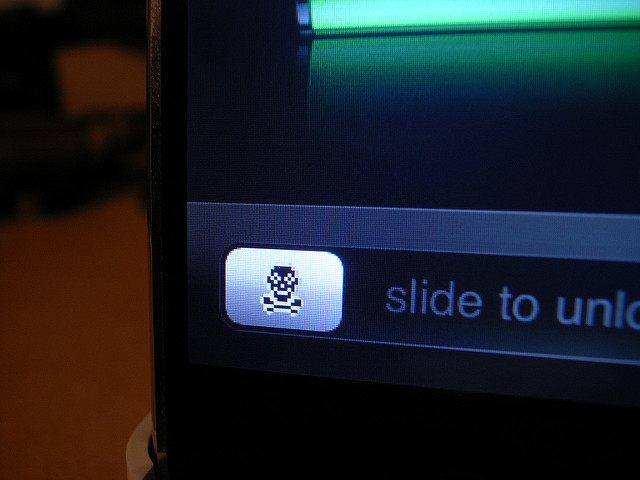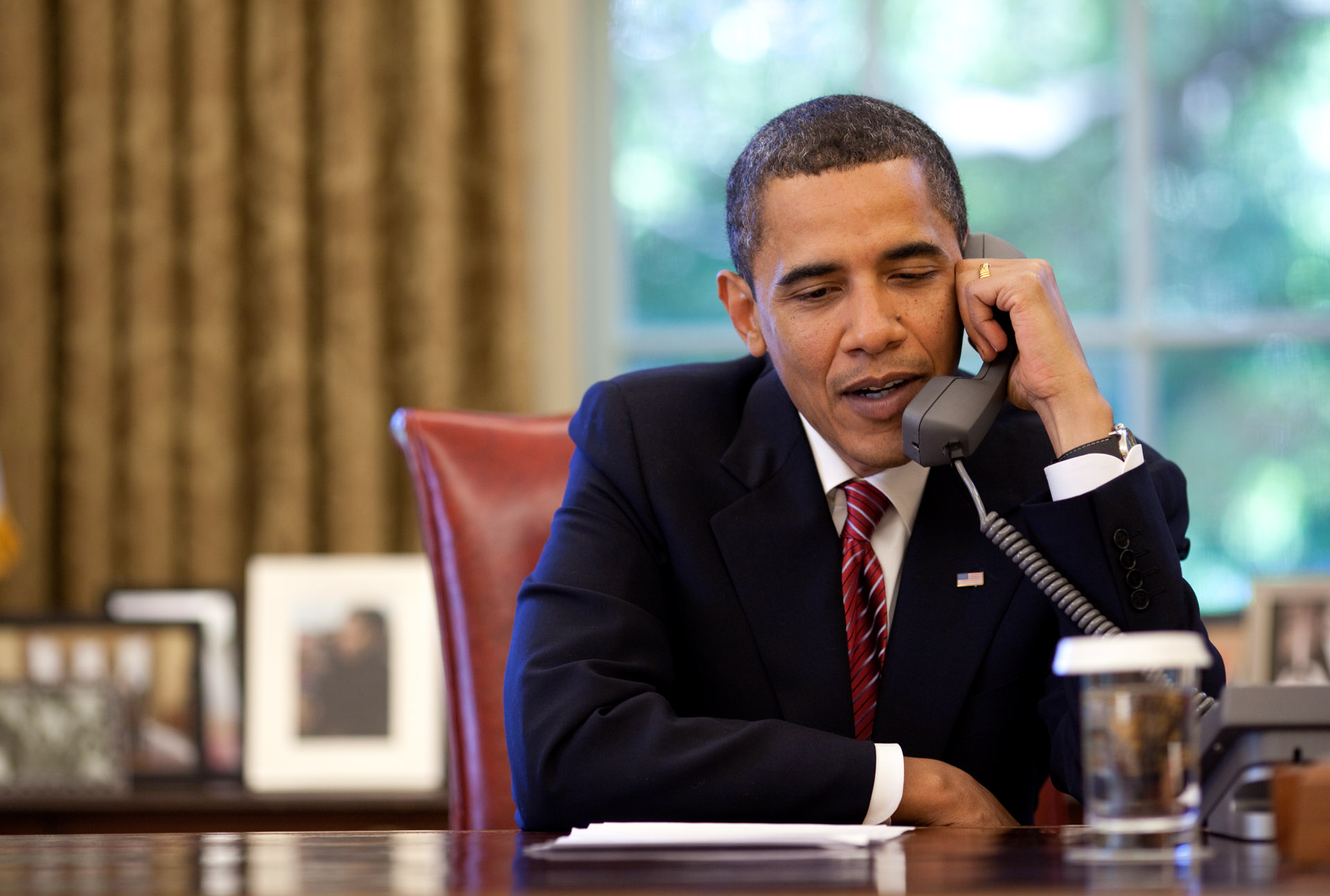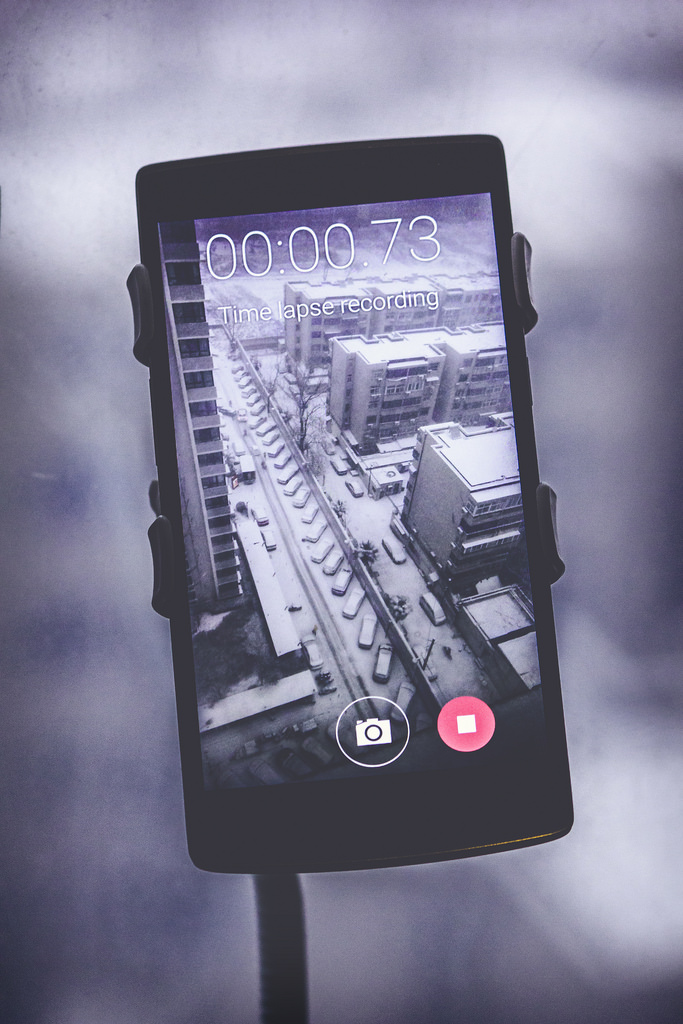After all the stink made by the FBI about getting Apple to hack the iPhone, last week the FBI hacked the iPhone themselves. There are still no details on how the FBI was able to complete the hack. Their original request stated that they were in need of Apple’s help in order to avoid permanently erasing the phone. Now that there has been one successful attempt, the FBI is ready to hack again, this time for a murder case happening in Arkansas.
Cody Hiland, a prosecuting attorney in Faulkner County, told the Associated Press on Wednesday that the FBI had approved a request from his office and the Conway Police Department to crack an iPhone and an iPod. The devices belong to two teenagers that are being accused of murder. The day after the FBI announced that they had hacked the San Bernardino shooter’s iPhone without Apple’s assistance, an Arkansas judge agreed to postpone the trial of 18-year-old Hunter Drexler. Prosecutors in this case believe the devices may hold evidence related to the murders last July of Robert and Patricia Cogdell.
The actions of the government may be setting a dangerous precedent. Apple’s concern over hacking their own devices laid not only in their integrity as a company, but the privacy expected by their users. Now that the FBI has hacked the San Bernadino shooter’s iPhone, and helping to do the same for other cases, there will be an expectation that phones and devices will be unlocked for trials in the future. This Arkansas case is not the only request. A Justice Department request to unlock an iPhone linked to an accused drug dealer in New York was denied in February, but the department is appealing that decision.
All of this leaves Apple in a bad position. No company wants their devices hacked, even if it is the government doing so in the name of justice. Since we don’t know how the government unlocked the phone, it is likely that their method may end up being used by hackers and criminals. This would put all iPhones at risk and challenge Apple to continue to prevent decryption attempts in the future without all the knowledge of how these phones are being hacked.
Article via CNET, 30 March 2016
Photo: iPixel by Francis [Creative Commons Attribution-NonCommercial-NoDerivs]



